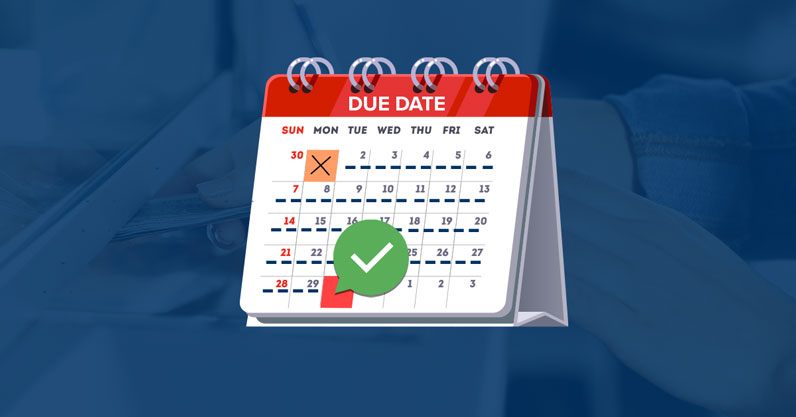‘Payment Holiday’ On Your Loan And Credit Card Explained
2 min readYou may have heard it countless times these days: Banks offering a “payment holiday” to their customers while the enhanced community quarantine is in effect. What this really means, in essence, is you get a payment extension period on your due date—for some financial institutions, even up to 90 days.

This is usually given to customers who are facing a particularly rough time at the moment and can’t make their monthly payments. In this case,
Note that payment holidays are usually given over a fixed time period. Note also that they don’t erase all your obligations such as interest and other fees. What is usually waived is the late fee.
You mean interest rates will still pile up?
In the case of a payment holiday or bill extension currently being offered by Philippine banks, you will still accrue interest but it is likely that you won’t need to pay a late fee.
If you have a loan, your interest will still apply and it will reflect in your next payment statement after the holiday. You will still need to meet your payment obligations eventually—just not during the quarantine period.
Credit cards usually have two penalties for late payment: interest fees and late fees. A late fee is a charge, usually a fixed amount, that will be added to your bill if you don’t make the payment deadline.
Interest rates, on the other hand, are determined by how much of an overdue balance you have on your bill. The exact amount depends on your bank but the end result is that, when you miss a payment, the next month you are going to be asked to make your payment plus a little extra.
As is usually the case with financial transactions, your best move is to read the exact Terms and Conditions being offered by your specific banks. (We gathered all the advisories released by the banks regarding their offered payment holidays or, as many of them are calling it.)
(Read: Budgeting Rules To Keep In Mind For Single Or Married People)What should I do then?
My bank says the offer is only good applicable for qualified customers. What does that mean?
Note that many of them state that they are offering the holiday or extension to “qualified customers.†Usually this means customers in good standing— meaning those who don’t have outstanding bills or a history of skipping payments.
How do I know if I’m a qualified customer?
Read the Terms and Conditions on your bank’s website. Also, some banks state that qualified customers will be contacted by the banks themselves either via email or SMS.
What should I do if I’m qualified?
Read the exact terms of your bank’s official announcements and maybe even contact your bank to clarify.
However, really, the best thing to do is still pay the minimum amount— preferably online. That way you minimize your interest, don’t get a late fee, and minimize your contact with other people.
That being said, if you’re really short on cash, pay at least the minimum fee when so you don’t end up paying more over time.
